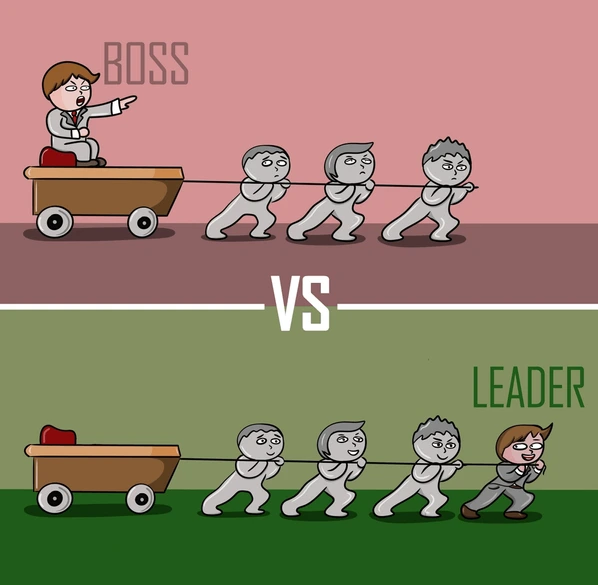Blog
Half of Employees Distrust Leadership’s Balance of Business and Wellbeing
Half (46%) of UK employees don’t trust leaders to balance business needs with employee wellbeing, according to research findings published today (15 May). Three in five employees would also refuse a promotion in order to maintain their wellbeing, research from recruitment consultancy Michael Page’s Talent Trends 2025 report has highlighted. A quarter of employees reported being unhappy…
Read MoreHiring Confidence at a Record Low, as Redundancies Rise
Employer hiring confidence is at a record low, and redundancies are on the rise, the CIPD’s research findings suggest. Overall net employment balance (NEB) – the difference between employers expecting an increase in staff levels and those expecting a decrease over the next three months – fell from +13 last quarter to +8 this quarter,…
Read MoreIs it ever worth revenge quitting your job?
You’ve been working from home for half of the week since the pandemic, but your boss has decided everyone needs to return to the office full-time. There doesn’t seem to be a reason for the move – and in fact, you’ve been more productive and creative while working remotely. You feel frustrated, stressed, and are…
Read MoreAvoiding Confrontation – The most common ‘polite-isms’
Revealed: The most common ‘polite-isms’ Britons use to avoid confrontation – and what they REALLY mean From bad teeth to stiff upper lips, many dated stereotypes surrounding Brits still endure today. But new data shows that one stereotype does ring true – Britons really do hate confrontation. Researchers from Trinity College London carried out a poll of…
Read MoreQuestions to ASK at interview
Don’t waste this opportunity to impress! Ask these instead: ➟ What does success look like in the first 90 days? ➟ What are the biggest challenges facing the team that I could help solve? ➟ How would you describe the management style of the person I’d be reporting to? ➟ What distinguishes your top performers…
Read More10 Signs of a Bad Manager!
Here’s how to recognize it: Poor leadership can cost you your happiness and growth.Here’s how to spot the red flags early. These signs can save your career and mental health:1/ Micromanagement ➠ Obsessively controls everything.➝ Never trusts the team to own tasks.➝ Smothers creativity and independence. No trust = no growth. 2/ Poor Communication ➠…
Read MoreBrace yourself: reward storm incoming
In even the most optimistic assessment of the current situation, it is hard to foresee a situation where a substantial portion of workers are not left underwhelmed by their pay offers in 2025. The rise in the national living wage (NLW), due in April, will put a little more in people’s pockets at the bottom…
Read MoreOne in five employees are fully engaged at work
More than one in five (21%) UK employees are fully engaged at work, new research has highlighted. Employee engagement in the UK has increased by 3% from 2024 and is now at a record high, a report published yesterday (11 March) by HR software provider ADP showed. The report also showed that, although the engagement of employees…
Read MoreHow to spot AI-generated text at work
At the CIPD’s annual conference on 7 November, lexicologist Susie Dent explained how to spot AI-generated text at work. “It is difficult to spot AI-generated text,” Dent said, in the final keynote of the conference, “but there are some key giveaways.” She pointed to words such as ‘delve’, ‘transformative’, ‘dynamic’, ‘navigating’ and ‘multifaceted’, and phrases…
Read MoreHow to navigate Christmas parties under the new Worker Protection Act
When planning this year’s festive parties, employers must navigate additional legal complexities. The festive season is upon us and many businesses across the country are gearing up for their annual Christmas parties, a much-anticipated chance for colleagues to unwind, socialise and celebrate the year’s successes. However, while these gatherings bring holiday cheer and camaraderie, they…
Read More










